Benefits of Probiotics in Skincare
What Are Probiotics in Skincare?
Probiotics are live bacteria and yeasts that are known for their positive impact on health, and they’re not just beneficial when consumed—they’re now a key ingredient in skincare products too! These “good” microorganisms are naturally present on the skin and can help support the skin’s natural balance.
In skincare, probiotics work by promoting a healthy balance within the skin’s microbiome, the ecosystem of bacteria that lives on the skin’s surface. When this balance is disrupted by factors like pollution, stress, or harsh skincare products, it can lead to issues like inflammation, acne, and premature aging. By restoring and supporting this delicate microbiome, probiotics help maintain a healthier, more resilient complexion.
Studies suggest that probiotics have the potential to strengthen the skin’s barrier, calm irritation, and even reduce the appearance of wrinkles, making them a powerful tool for enhancing overall skin health. Whether used in moisturizers, serums, or masks, probiotics are becoming a sought-after ingredient for those looking to support their skin from the inside out.
Benefits of Probiotics for Skin
Probiotics are not just great for your gut—they can work wonders for your skin as well. Here’s how they benefit your complexion:
- Restores Skin Balance: Probiotics help maintain a healthy skin microbiome, preventing imbalances that can lead to issues like acne, dryness, and irritation. By promoting the growth of good bacteria, they ensure your skin stays balanced and resilient.
- Strengthens Skin Barrier: A strong skin barrier is essential for protecting your skin from environmental stressors, pollutants, and harmful bacteria. Probiotics help fortify this barrier, keeping your skin healthy and less prone to damage.
- Improves Hydration: Dehydrated skin can feel tight and uncomfortable, but probiotics help lock in moisture and prevent water loss, leaving your skin feeling hydrated and supple.
- Reduces Inflammation: Probiotics are known to reduce inflammation, which can be especially helpful for calming conditions like acne, eczema, and rosacea. By soothing redness and irritation, probiotics promote a more even skin tone.
- Boosts Skin’s pH Balance: Maintaining the right pH balance is crucial for skin health. Probiotics help keep your skin’s pH within the optimal range, which supports overall skin function and helps prevent issues like dryness or oiliness.
Common Probiotic Strains for Skincare
When it comes to probiotics in skincare, certain strains are particularly beneficial for maintaining healthy, balanced skin. Here are some of the most commonly used probiotic strains you’ll find in skincare products:
- Lactobacillus: This strain is known for its ability to balance the skin’s microbiome and support its natural defenses. Lactobacillus can help prevent breakouts, reduce inflammation, and improve overall skin texture.
- Bifidobacterium: Bifidobacterium helps to strengthen the skin’s barrier function, which is essential for protecting against environmental damage. It can also aid in reducing the signs of aging by promoting skin hydration and elasticity.
- Streptococcus thermophilus: This strain helps to improve the skin’s hydration levels and can be particularly helpful for those with dry or sensitive skin. It also supports the microbiome, helping to prevent irritation and flare-ups.
In addition to live probiotics, probiotic lysates (non-living microorganisms) are often used in skincare formulations. These lysates retain the benefits of probiotics, such as reducing inflammation and supporting skin balance, without being destroyed by preservatives or shelf life limitations. They’re a great way to incorporate probiotic benefits without compromising the formula’s stability.
Packaging and Formulation
When it comes to probiotic skincare, the way a product is formulated and packaged is crucial for maintaining its effectiveness. Probiotics are sensitive organisms that can be easily damaged by exposure to air, light, and certain chemicals, so special care is needed.
- Protective Packaging: Probiotic skincare products should be packaged in airtight, opaque containers, such as pumps or tubes, to protect the delicate probiotics from environmental factors like air and light that can degrade their potency. Jars, for example, are not ideal because they expose the product to air every time you open them, which can reduce the effectiveness of the probiotics.
- Fragrance-Free Formulas: To preserve the integrity of probiotics, it’s important that skincare products are free from artificial fragrances and harsh chemicals. Fragrances can irritate the skin and disrupt the balance of the skin’s microbiome, negating the benefits of the probiotics. Fragrance-free formulations are better suited for maintaining the health of your skin and maximizing the probiotics’ effects.
Current Research and Considerations
While the use of probiotics in skincare is a promising area of research, it’s important to note that the science is still in its early stages. Although initial studies have shown positive effects, more research is needed to fully understand the long-term benefits and how to formulate products for maximum effectiveness.
Here are a few key considerations when it comes to probiotics in skincare:
- Ongoing Research: Current studies suggest that probiotics can have positive effects on skin health, such as reducing inflammation, balancing the microbiome, and enhancing the skin barrier. However, these findings are still being explored, and more clinical trials are necessary to confirm the long-term benefits of probiotics in skincare.
- Formulation Matters: Not all probiotic skincare products contain live microorganisms. Many products use probiotic lysates—the components of probiotics that offer benefits without the need for live cultures. This is because the preservatives used in skincare products can destroy live probiotics. Therefore, the effectiveness of probiotic skincare products depends heavily on the quality of the formulation.
- Ideal Probiotic Strains: Researchers are also working to identify which strains of probiotics are most beneficial for specific skin concerns. For now, common strains like Lactobacillus and Bifidobacterium have shown promising results, but more work is needed to determine which strains work best for different skin types and conditions.
So while the potential benefits of probiotics in skincare are exciting, it’s crucial to keep in mind that ongoing research and high-quality formulations will ultimately determine how effective these products are in the long term. Until then, it’s always good to approach probiotic skincare with an open mind, but also a bit of caution.

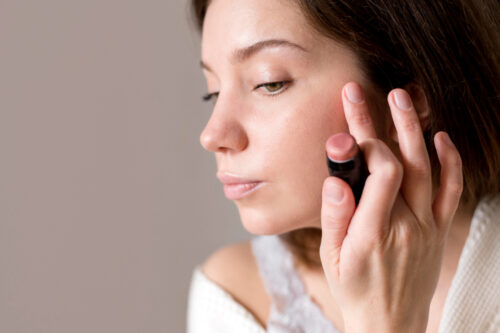
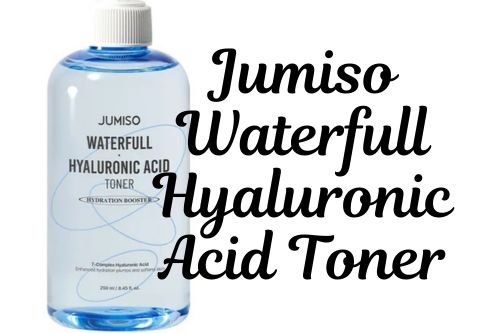
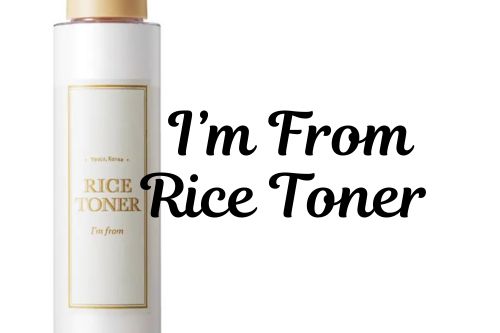
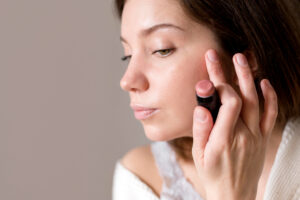


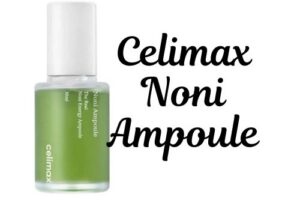
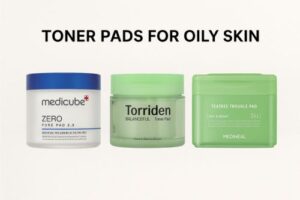



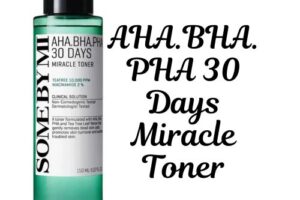

Post Comment